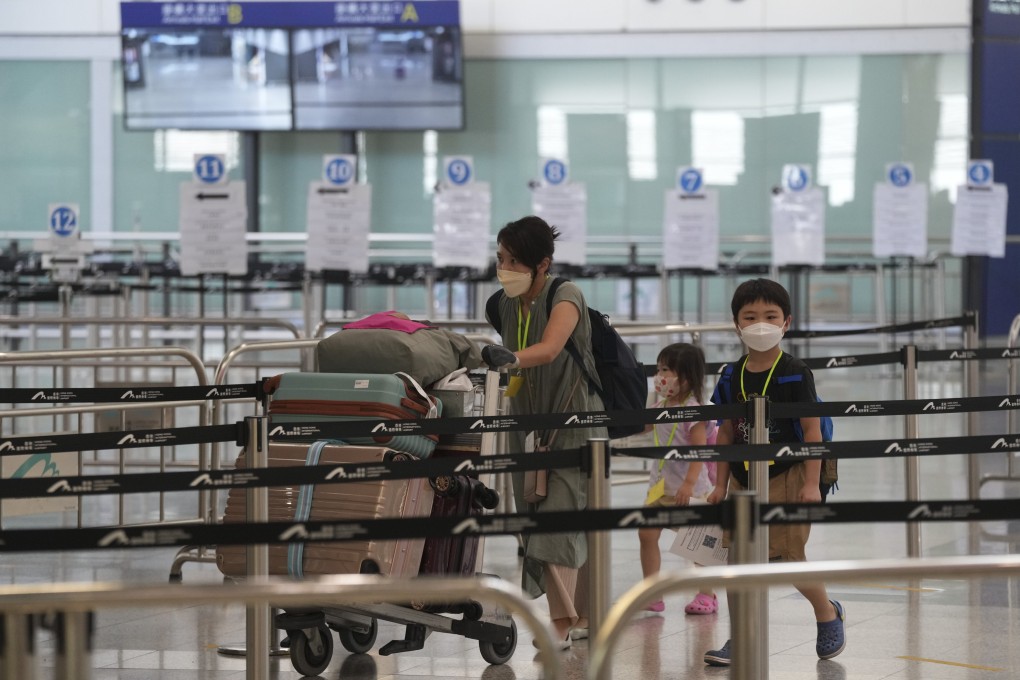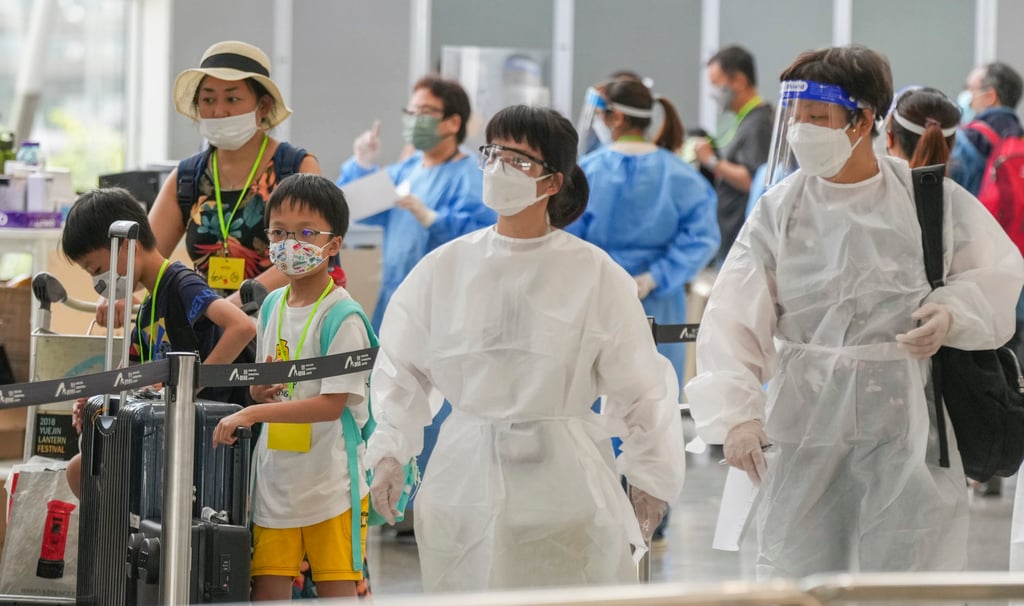Editorial | Hong Kong in danger of losing status as hub of aviation and events
- The longer the delay in opening up borders for hassle-free travel, the greater the risk of losing out to competitors such as Singapore

The impact of Hong Kong’s Covid-19 travel rules are apparent in comparisons of regional airport passenger numbers. Feted just two years ago as the busiest in Asia, Chek Lap Kok has sunk to about 30th place in one respected quarterly ranking. Recently relaxed quarantine restrictions have boosted arrivals, but gradual wait-and-see easings are not what most outsiders are waiting for.
Only a detailed and clear-cut government road map for border reopening will give visitors and event organisers sought-after certainty.
A recent reduction of hotel quarantine for overseas arrivals from seven days to three with the remaining four under home medical surveillance with limited freedom of movement won business community approval. Chief Executive John Lee Ka-chiu has said his initial goal was to “reduce the degree of inconvenience to travellers without bringing about additional risks to the mainland’s epidemic situation”.
But no timetable has been laid out, leaving some people unsure about making travel plans. The immediate impact was noticeable on August 14, though; 7,428 passengers arrived, a new high in recent months.

But numbers have to increase at a dramatically higher rate if Hong Kong International Airport is to recapture its crown. The independent consulting firm Sobie Aviation determined the facility handled 591,000 passengers from April to June, compared to 19.1 million recorded in the second quarter of 2019 before the pandemic struck.
